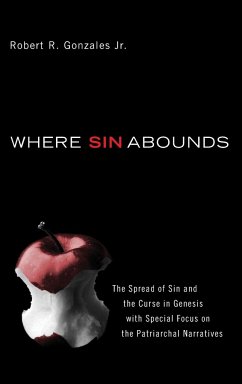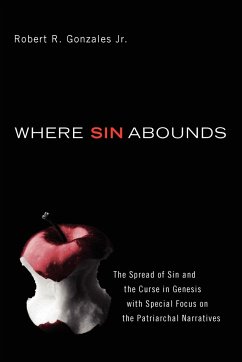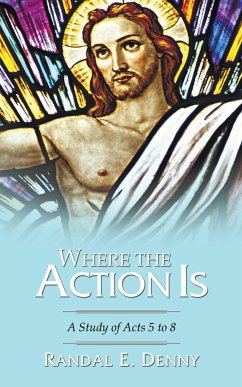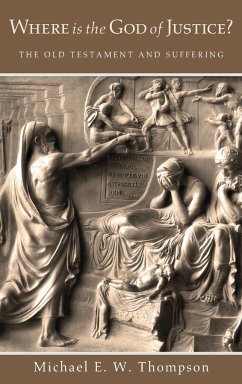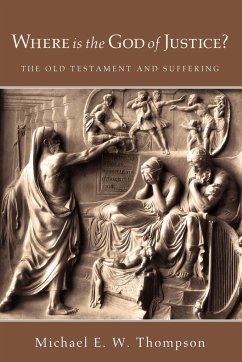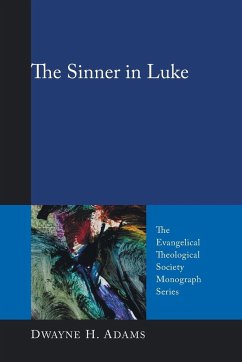Nearly all scholars divide Genesis into primeval and patriarchal history, though they debate the precise point of division. One reason advanced to justify the division is a thematic shift. In primeval history, the narrator focuses on the origin and spread of sin, as well as God's consequent curse and judgment on humanity. In patriarchal history, however, the spread of sin theme falls off the radar of most scholars. But these analyses of the primeval and patriarchal narratives are simplistic and inaccurate. In fact, the theme of human sin and the divine curse not only serve as the main themes of the Fall narrative, but they also continue to function as major themes in both the primeval and patriarchal narratives that follow. More particularly, human sin appears to increase at both individual and societal levels. Moreover, just as the primordial sin threatened to derail the advance of God's kingdom and fulfillment of the creation mandate, so the spread of human sin in postlapsarian history threatens to thwart God's redemptive plan, which consists in the restoration of his original creational intentions for divine and human eschatological fullness. This proves true even in the patriarchal narratives where the sins of God's chosen often threaten the very promise intended for their ultimate good. These facts, which the author attempts to demonstrate in the monograph, not only have important ramifications for the unity of the Genesis corpus, but they also have important implications for the doctrines of sin, justification, and sanctification.
Hinweis: Dieser Artikel kann nur an eine deutsche Lieferadresse ausgeliefert werden.
Hinweis: Dieser Artikel kann nur an eine deutsche Lieferadresse ausgeliefert werden.

